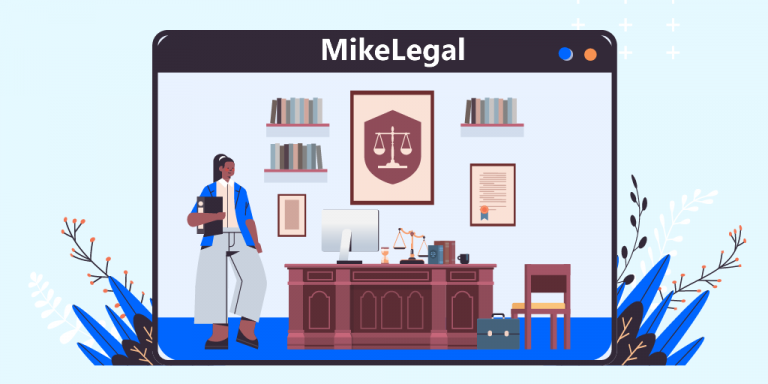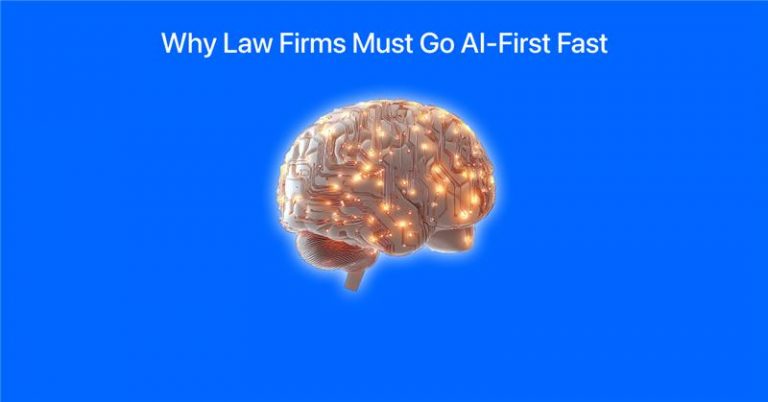Llama Drama: Meta Faces Lawsuit Over Using Copyrighted Material For AI Training
Meta Platforms, the parent company of Facebook and Instagram, faces a significant legal challenge for using approximately 200,000 books, many under active copyright, to train its AI language model, Llama. Initiated by notable figures including comedian Sarah Silverman and Pulitzer Prize winner Michael Chabon, this lawsuit centers on the use of copyrighted content in the development of Llama, a model akin to others like OpenAI’s GPT series, designed to process and generate human-like text. The core issue at stake is the inclusion of copyrighted material in Llama’s training dataset, a decision that brings into sharp focus the complex interplay between copyright law and AI development.
Internal communications within Meta have become a critical piece of evidence in this case. Chat logs from a Discord server reveal discussions between Meta researcher Tim Dettmers and the company’s legal department regarding the legality of using these books. In these conversations, Dettmers notes that Meta’s lawyers had advised against the use of the book files as training data, suggesting a clear awareness within the company of the potential legal risks. Despite this advice, Meta proceeded with its plans, a decision that has now led to significant legal scrutiny.
This case highlights the need for clearer guidelines and regulations surrounding fair use, especially in the context of training AI models. The legal doctrine of fair use is designed to balance the rights of copyright holders with the broader public interest. However, its application in the rapidly evolving field of AI remains a contentious and largely uncharted territory.
The lawsuit also points to the potential need for AI companies to compensate content creators for the use of their works. If the plaintiffs succeed, this could increase the costs of AI development, as companies might be compelled to obtain licenses or pay for the use of copyrighted materials.
Meta’s response to these allegations and the legal proceedings will be closely watched by the tech industry, legal experts, and policymakers. The company’s handling of the situation could influence not only its own operations but also set a standard for how other companies approach the development of AI technologies.
As the lawsuit unfolds, its outcome is poised to have significant implications for the future of AI research and development, potentially reshaping the legal and ethical landscape of the tech industry.
Image Source:
https://www.axios.com/2023/07/19/llama-meta-open-source-capabilities-threats
Read other blogs:
- https://blog.mikelegal.com/legaltech/new-york-times-sues-open-ai-microsoft/




